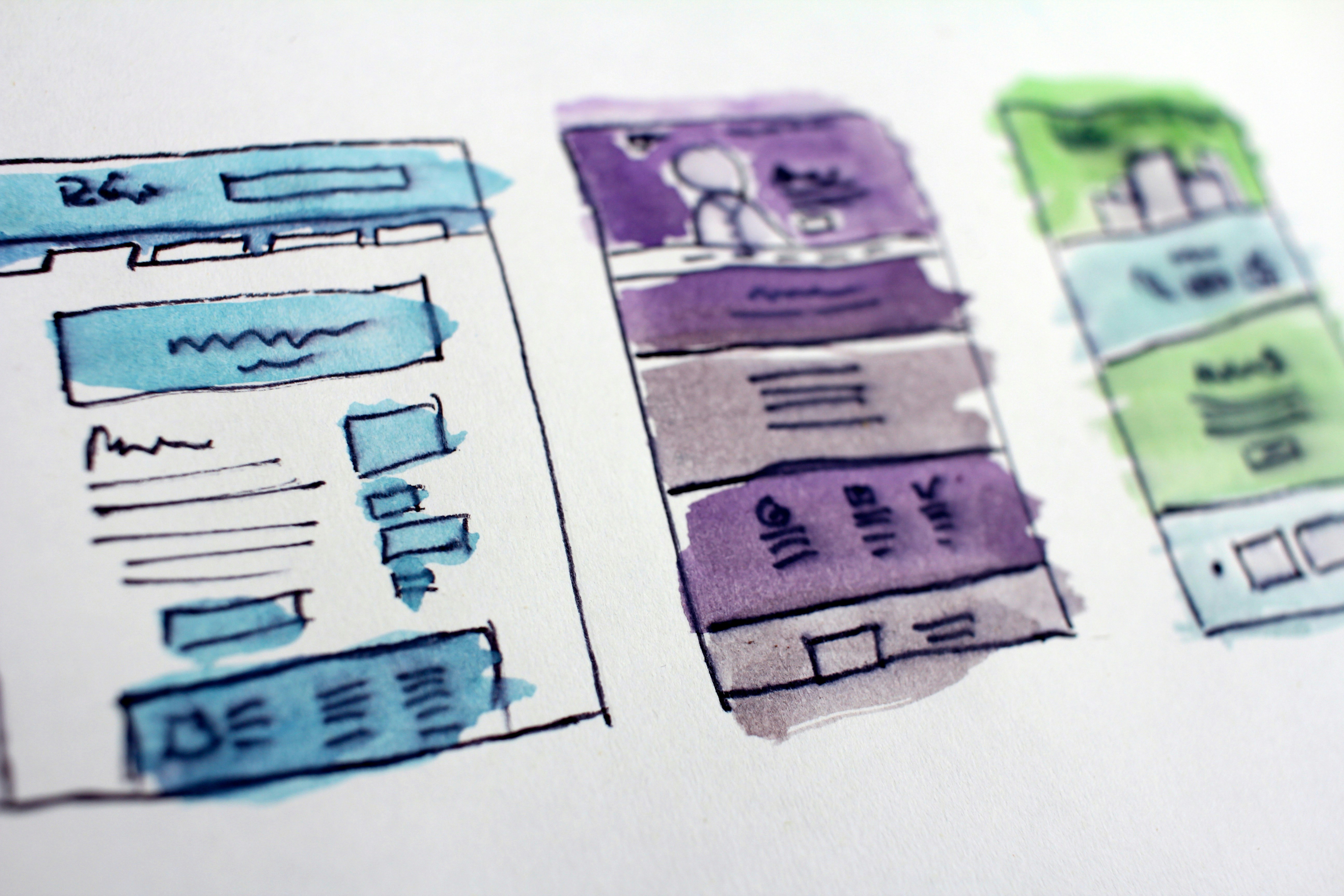Introduction to Automated and Bot Marketing
Automated and bot marketing refers to the utilization of software tools and artificial intelligence to streamline and automate repetitive marketing tasks. These advanced technologies are designed to enhance efficiency and productivity in marketing operations, allowing businesses to focus on strategic growth rather than mundane activities. At the core of automated marketing are AI algorithms, machine learning, and natural language processing (NLP), which empower bots to perform a variety of tasks with minimal human intervention.
AI algorithms are the backbone of automated marketing, enabling systems to analyze vast amounts of data and make informed decisions. Machine learning, a subset of AI, allows these systems to learn and improve from experience, further refining their performance over time. NLP, on the other hand, equips bots with the ability to understand and generate human language, facilitating seamless interactions with customers. Together, these technologies enable bots to handle customer interactions, analyze data, and even create content, thereby revolutionizing the marketing landscape.
The rise of automated and bot marketing can be attributed to the significant advancements in AI and related technologies. In India, the startup ecosystem has been particularly quick to adopt these innovations, recognizing their potential to drive growth and improve operational efficiency. Startups across various sectors are leveraging automated marketing tools to enhance customer engagement, optimize marketing campaigns, and gain deeper insights into consumer behavior. This widespread adoption underscores the transformative impact of automated and bot marketing on the Indian startup landscape, setting the stage for a comprehensive exploration of its use cases, benefits, and challenges in subsequent sections.
Use Cases and Advantages of Automated and Bot Marketing in Indian Startups
Automated and bot marketing has become a pivotal tool for Indian startups, offering a myriad of applications that streamline operations and enhance customer interactions. One of the primary use cases is customer service, where chatbots provide instant support, resolving queries and issues efficiently. For instance, startups like Haptik have developed sophisticated AI-driven chatbots that handle customer inquiries, ensuring a seamless user experience and reducing the need for extensive human intervention.
Another significant application is lead generation. Automated marketing tools can identify and nurture potential leads through personalized email campaigns and targeted content. Companies like LeadSquared leverage these technologies to automate their sales processes, ensuring timely follow-ups and increased conversion rates. This targeted approach not only saves time but also optimizes resource allocation, allowing startups to focus on scaling their business.
Social media management is also a crucial area where automation and bots are making a substantial impact. Tools such as Buffer and Hootsuite enable startups to schedule posts, track engagement, and analyze performance across multiple platforms. This systematic management allows startups to maintain a consistent online presence, engage with their audience, and drive brand awareness without the need for a dedicated social media team.
Personalized marketing campaigns have seen a transformative change with the advent of automation. Startups can now utilize data-driven insights to tailor their marketing efforts according to customer preferences and behavior. For example, platforms like MoEngage help businesses create personalized messaging strategies that resonate with their target audience, leading to higher engagement and customer loyalty.
The advantages of automated and bot marketing for Indian startups are manifold. Cost efficiency is a significant benefit, as these technologies reduce the need for large marketing teams and manual labor. Scalability is another advantage, allowing startups to expand their operations without proportional increases in overhead costs. Enhanced customer engagement through timely and personalized interactions leads to better retention and satisfaction. Lastly, data-driven decision-making empowers startups to make informed choices, optimizing their strategies for maximum impact.
In a dynamic market like India, these benefits translate into increased competitiveness and growth potential. By leveraging automated and bot marketing, Indian startups can not only survive but thrive, setting new benchmarks in innovation and customer satisfaction.
Challenges, Organic Implementation, and Other Key Details
While automated and bot marketing presents promising opportunities for startups in India, it is essential to acknowledge the inherent challenges and potential disadvantages. One significant concern is the dependency on technology, which can lead to a reduced human touch in customer interactions. This detachment may result in a less personalized experience for customers, potentially impacting customer satisfaction and loyalty. Additionally, the reliance on automated systems poses a risk of technical failures or malfunctions, which could disrupt marketing efforts and harm the brand’s reputation.
Data privacy concerns also loom large in the realm of automated marketing. Startups must be vigilant about the data they collect, ensuring that they adhere to stringent data protection regulations such as the General Data Protection Regulation (GDPR) and India’s Personal Data Protection Bill. Safeguarding customer data is crucial not only for compliance but also for maintaining the trust and confidence of the audience.
To implement automated and bot marketing technologies organically, startups should focus on maintaining authenticity and fostering genuine connections with their customers. One effective strategy is to integrate automated tools with human oversight. For instance, while chatbots can handle routine inquiries, more complex or sensitive issues should be escalated to human representatives. This hybrid approach ensures that customers receive timely and accurate responses while still benefiting from a personalized touch.
Best practices for integrating automated strategies include regular monitoring and updating of automated systems to ensure they remain effective and relevant. Startups should also invest in training their staff to work alongside these technologies, enabling a seamless and efficient workflow. Additionally, transparent communication about data usage and privacy policies can help build and maintain customer trust.
Looking ahead, the future of automated and bot marketing is poised for significant advancements. Innovations such as artificial intelligence (AI) and machine learning (ML) are set to enhance the capabilities of automated systems, enabling more sophisticated and intuitive customer interactions. As these technologies continue to evolve, startups in India can look forward to even more opportunities to streamline their marketing efforts and achieve greater success.

